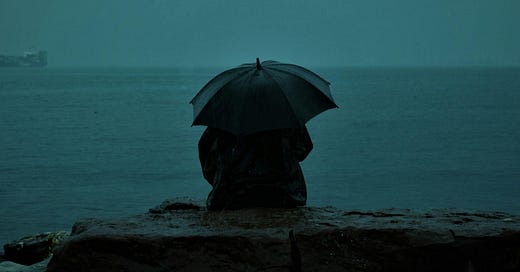An intro to The Bluebird Paradox.
The Bluebird Paradox is a gritty MicroZine that explores the coexistence of light and darkness. It focuses on societal issues and the human experiences we often overl…
Keep reading with a 7-day free trial
Subscribe to The Bluebird Paradox to keep reading this post and get 7 days of free access to the full post archives.


